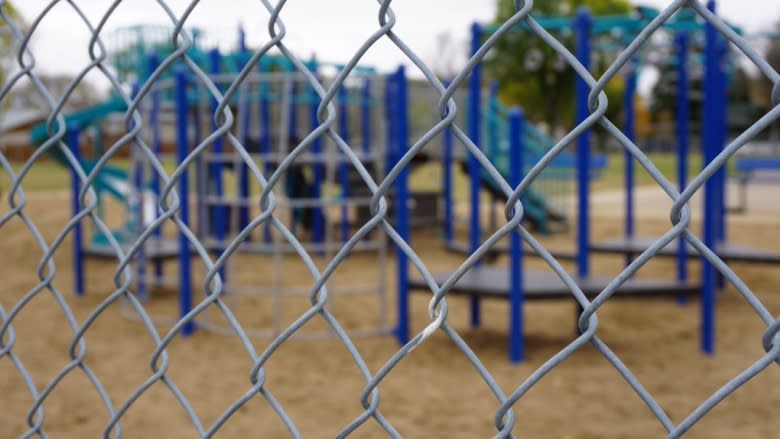Over the age of 12? Bullying can land you behind bars
Some students in Newfoundland and Labrador are getting schooled on the criminal consequences of bullying, thanks to a non-profit legal group.
"To put it simply, anyone over the age of 12 could be charged with criminal offences," said Kevin O'Shea, the executive director of the Public Legal Information Association of Newfoundland and Labrador (PLIAN).
PLIAN gave a talk on the subject to students at Clarenville Middle School on Feb. 4, as one in a series of province-wide presentations.
"I don't think the purpose of the presentation is to scare kids, or to put fear into them," O'Shea said.
"I think it's eye-opening for them to know about the criminal and legal consequences of bullying actions and behaviours, and they seem to be really responding to it."
Numerous possible offences
Part of that eye-opening involves the criminal offences that stem from bullying.
"Those could be things like physical assaults, criminal harassment, threatening someone, damaging someone's property," said O'Shea.
"All these things that we might associate with bullying are things that could lead to the police getting involved."
O'Shea said while there are numerous other school presentations on bullying, this one clearly makes the link from action to possible punishments, entailing legal rights each step of the way.
O'Shea added this presentation doesn't just enlighten students on perpetrators' actions.
"Even more importantly, someone who is a victim of these behaviours… knows their legal right, and knows they have a right not to experience those things, and they can seek help."
Cyber consquences
While criminal offences for bullying behaviours are not new, O'Shea said the ubiquity of internet use among students means his group has to reinforce that such punishments also apply to cyberbullying.
"A lot of times there's things we think are private, or anonymous, or deleted on the internet or by using social media. but in fact it's rare those things are actually ever completely deleted," said O'Shea.
"We try to make the point that there's usually a way for the police or internet providers to trace information back to a person. Even if they think it's a private message or a private posting, it could still be used as evidence in court against them later on."
O'Shea said PLIAN is planning more presentations across Newfoundland and Labrador in coming weeks.


